Georgian rebel region rejects German peace plan
Abkhaz separatists rejected a German peace plan aimed at resolving their conflict with Georgia.
Friday, 18.07.2008.
16:27

Abkhaz separatists rejected a German peace plan aimed at resolving their conflict with Georgia. The decision was taken after talks in the volatile region with German Foreign Minister Frank-Walter Steinmeier. Georgian rebel region rejects German peace plan "We have rejected the plan. It's unacceptable for us in part because of the refugee issue," Abkhaz leader Sergei Bagapsh told journalists after meeting Steinmeier, referring to the planned return of 250,000 Georgian refugees. "Georgia must also pull its troops out. Talks before that would be pointless," Bagapsh said, alluding to Georgian forces stationed in the Kodori Gorge -- the only part of Abkhazia that remains partly under Georgian control. The talks between Bagapsh and Steinmeier took place in the town of Gali, a no-man's-land strewn with bombed-out houses from the 1992-1993 war in which Abkhazia, backed by Russia, broke away from the rest of Georgia. "I will not deny that the positions of those I've held talks with here in the region are still very far apart," Steinmeier said after the meeting, following discussions on Thursday with Georgian President Mikheil Saakashvili. Steinmeier said that during his visit he had seen "the wounds that the past conflict inflicted", adding: "In light of the escalation in the last weeks and months, we all have a common duty to help defuse the situation." He also reiterated calls for the Georgians and the Abkhaz to hold direct talks, warning that "the only alternative is that the already tense situation continues or that we even run the risk of it escalating once more." The rejection by the Abkhaz was another major setback for the two-day visit by the German minister in which Saakashvili also rejected the prospect of signing a non-aggression pact with the Abkhaz under the German peace plan. But Bagapsh tempered his comments about the plan on Friday with more moderate statements that appeared mainly aimed at journalists travelling with the German delegation rather than at local media. "What we have in our hands is a draft. That is how we see it. What we need to do now is to turn the draft into a document from which we can work in the future," he told reporters, standing alongside Steinmeier. "Our positions... are very different but we're going to work on it." Following the negotiations, an official from the German delegation said: "The talks were difficult, as expected. Nevertheless, we see a chance for working with the Abkhazian side on the basis of the German plan." Steinmeier was also due to meet Russian Foreign Minister Sergei Lavrov and President Dmitry Medvedev in Moscow later Friday. Russian officials have voiced scepticism about the plan and about Western interference in the conflict. Abkhazia has enjoyed de facto independence from Tbilisi -- with diplomatic and economic backing from Moscow -- since the 1992-1993 war, which killed thousands of people and forced hundreds of thousands to flee their homes. Though Russia has stopped short of formally recognising Abkhazia's separatist government, it has recently stepped up ties with Abkhazia and another separatist territory, South Ossetia. The moves were in retaliation for the West's recognition of Kosovo independence and Georgia's bid to join the NATO alliance, analysts said. This month has also seen a sharp rise in tensions over the long-simmering conflict, with a series of bombings in Abkhazia blamed on Georgia by the separatists and mutual accusations of aggression between Moscow and Tbilisi.
Georgian rebel region rejects German peace plan
"We have rejected the plan. It's unacceptable for us in part because of the refugee issue," Abkhaz leader Sergei Bagapsh told journalists after meeting Steinmeier, referring to the planned return of 250,000 Georgian refugees."Georgia must also pull its troops out. Talks before that would be pointless," Bagapsh said, alluding to Georgian forces stationed in the Kodori Gorge -- the only part of Abkhazia that remains partly under Georgian control.
The talks between Bagapsh and Steinmeier took place in the town of Gali, a no-man's-land strewn with bombed-out houses from the 1992-1993 war in which Abkhazia, backed by Russia, broke away from the rest of Georgia.
"I will not deny that the positions of those I've held talks with here in the region are still very far apart," Steinmeier said after the meeting, following discussions on Thursday with Georgian President Mikheil Saakashvili.
Steinmeier said that during his visit he had seen "the wounds that the past conflict inflicted", adding: "In light of the escalation in the last weeks and months, we all have a common duty to help defuse the situation."
He also reiterated calls for the Georgians and the Abkhaz to hold direct talks, warning that "the only alternative is that the already tense situation continues or that we even run the risk of it escalating once more."
The rejection by the Abkhaz was another major setback for the two-day visit by the German minister in which Saakashvili also rejected the prospect of signing a non-aggression pact with the Abkhaz under the German peace plan.
But Bagapsh tempered his comments about the plan on Friday with more moderate statements that appeared mainly aimed at journalists travelling with the German delegation rather than at local media.
"What we have in our hands is a draft. That is how we see it. What we need to do now is to turn the draft into a document from which we can work in the future," he told reporters, standing alongside Steinmeier.
"Our positions... are very different but we're going to work on it."
Following the negotiations, an official from the German delegation said: "The talks were difficult, as expected. Nevertheless, we see a chance for working with the Abkhazian side on the basis of the German plan."
Steinmeier was also due to meet Russian Foreign Minister Sergei Lavrov and President Dmitry Medvedev in Moscow later Friday. Russian officials have voiced scepticism about the plan and about Western interference in the conflict.
Abkhazia has enjoyed de facto independence from Tbilisi -- with diplomatic and economic backing from Moscow -- since the 1992-1993 war, which killed thousands of people and forced hundreds of thousands to flee their homes.
Though Russia has stopped short of formally recognising Abkhazia's separatist government, it has recently stepped up ties with Abkhazia and another separatist territory, South Ossetia.
The moves were in retaliation for the West's recognition of Kosovo independence and Georgia's bid to join the NATO alliance, analysts said.
This month has also seen a sharp rise in tensions over the long-simmering conflict, with a series of bombings in Abkhazia blamed on Georgia by the separatists and mutual accusations of aggression between Moscow and Tbilisi.










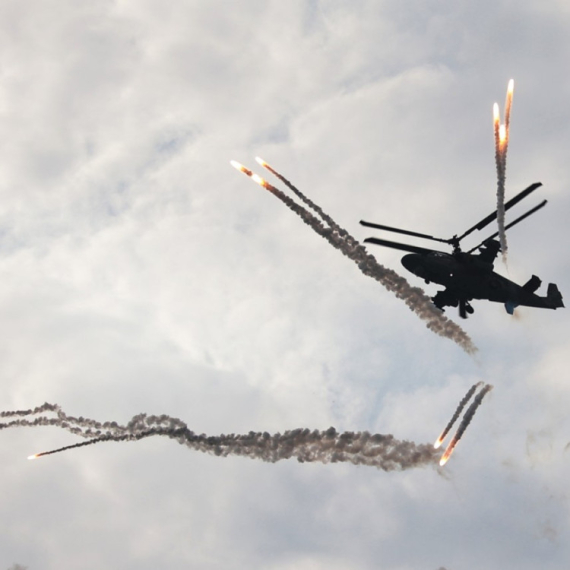

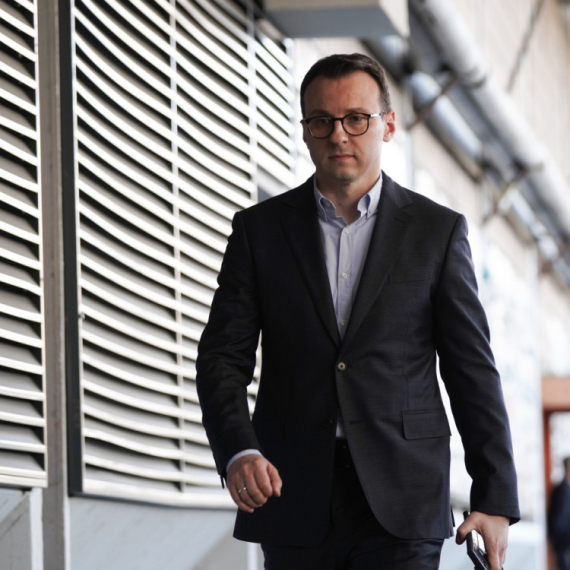

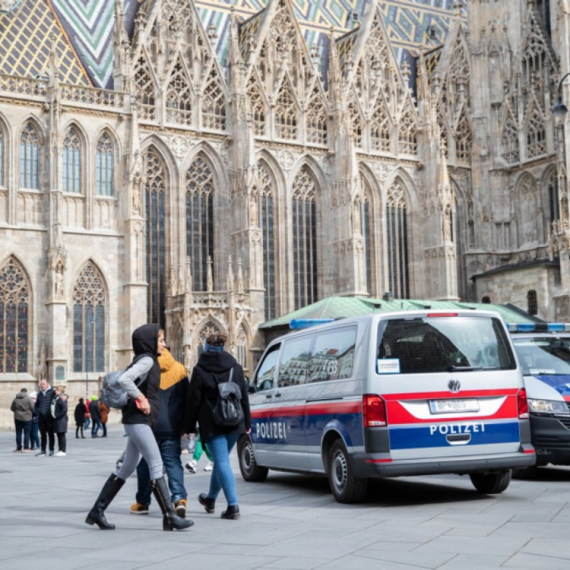
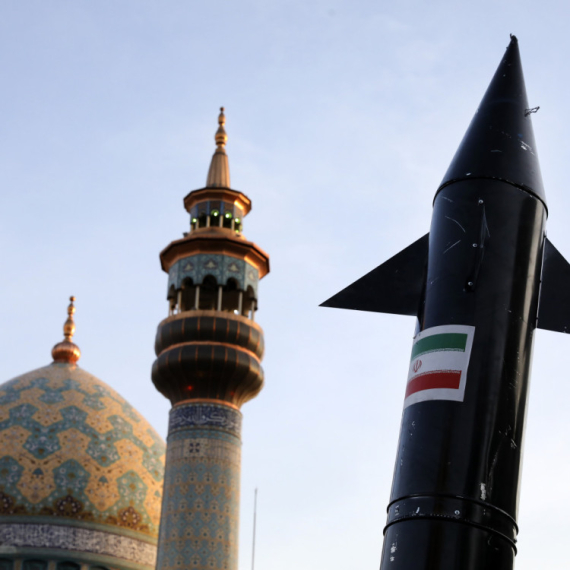
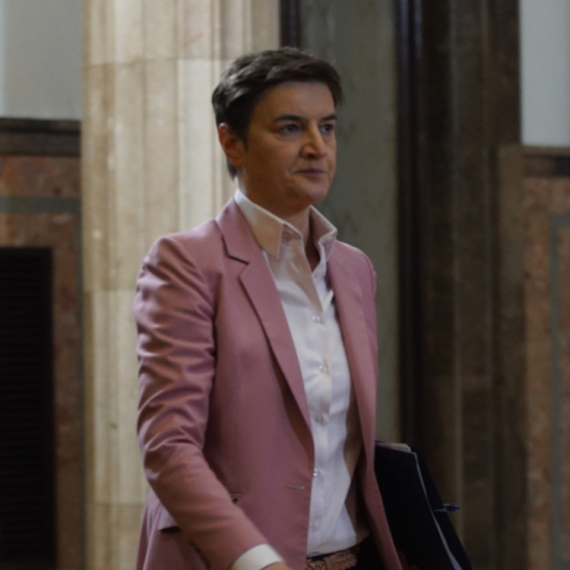



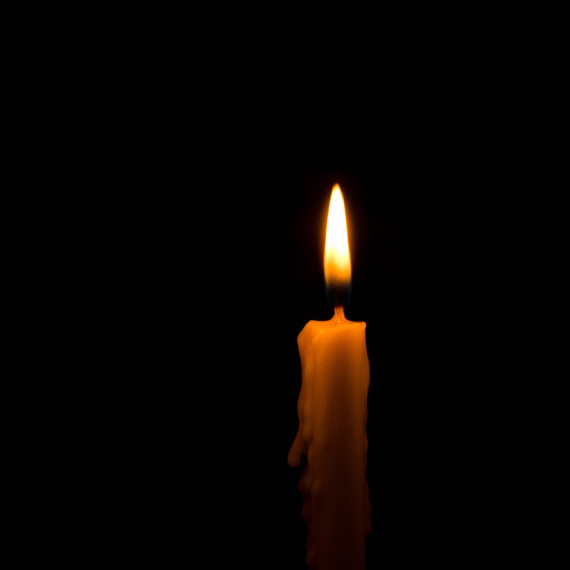
















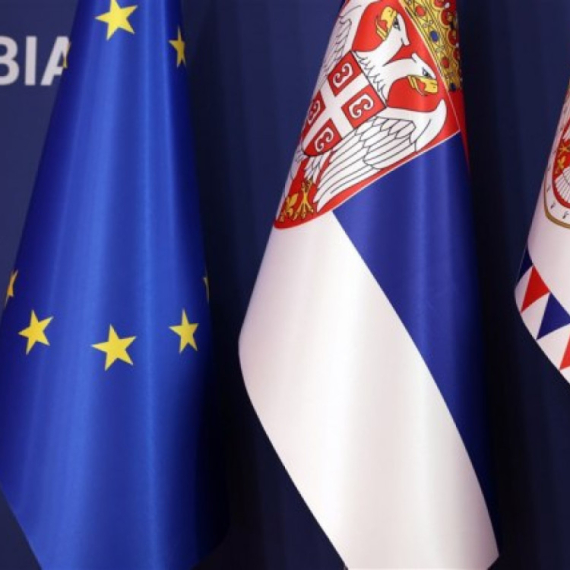
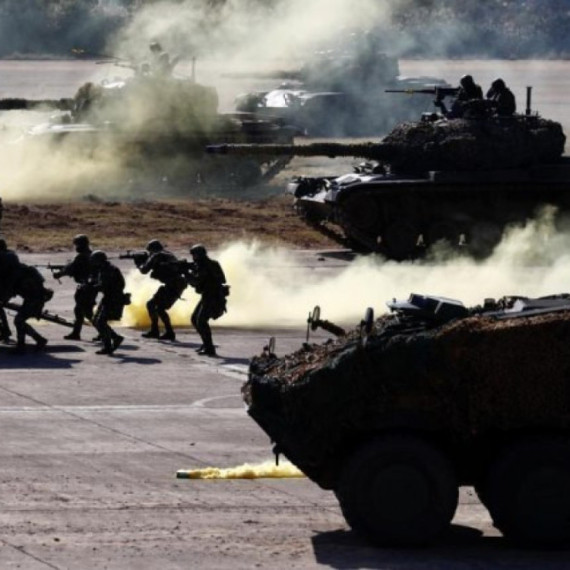
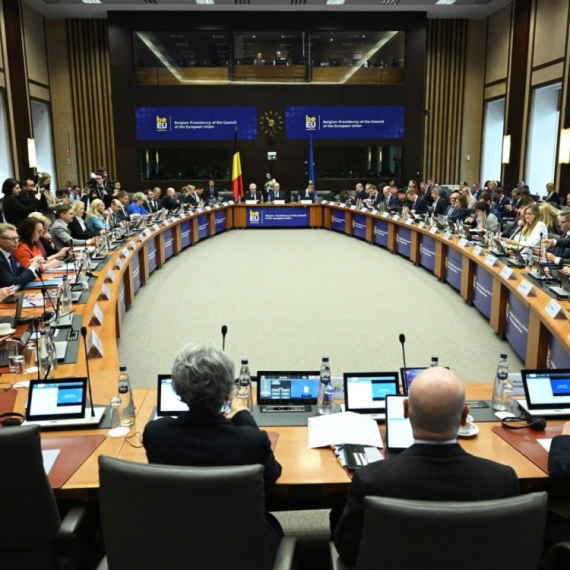
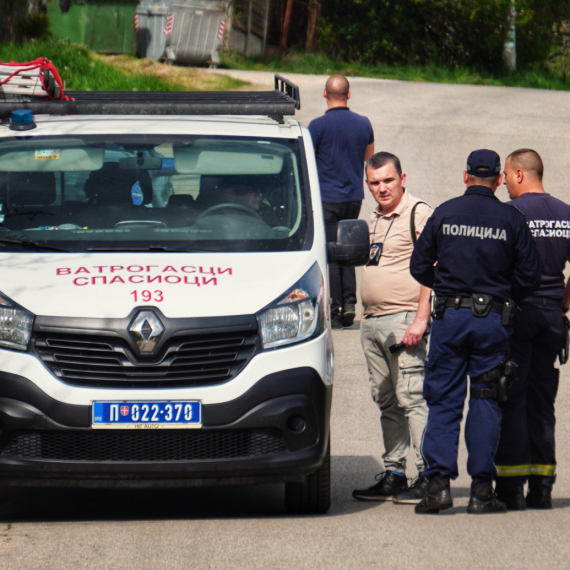
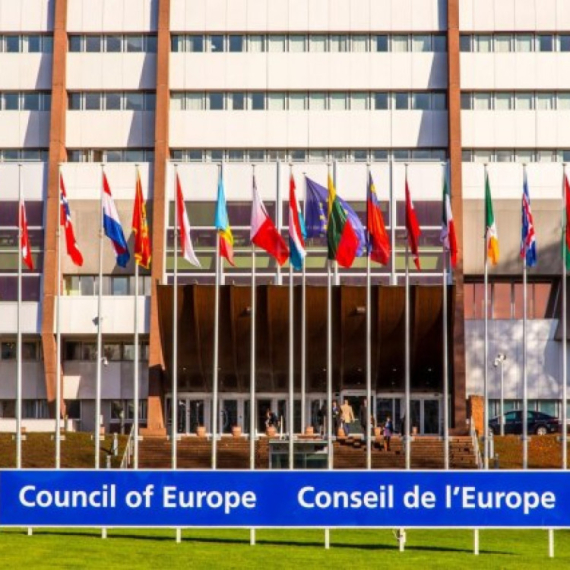







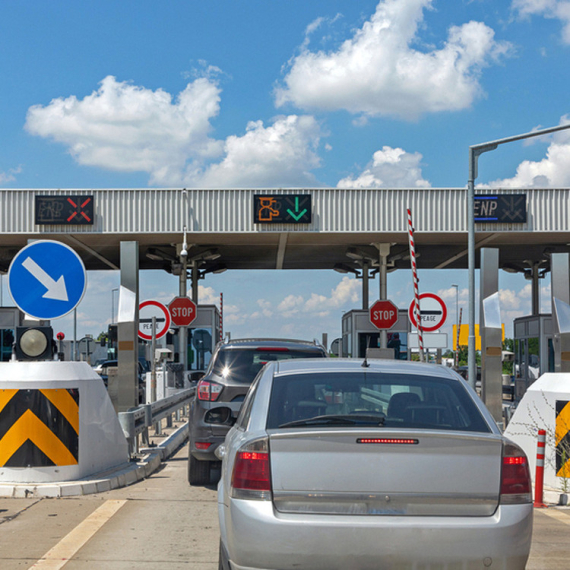





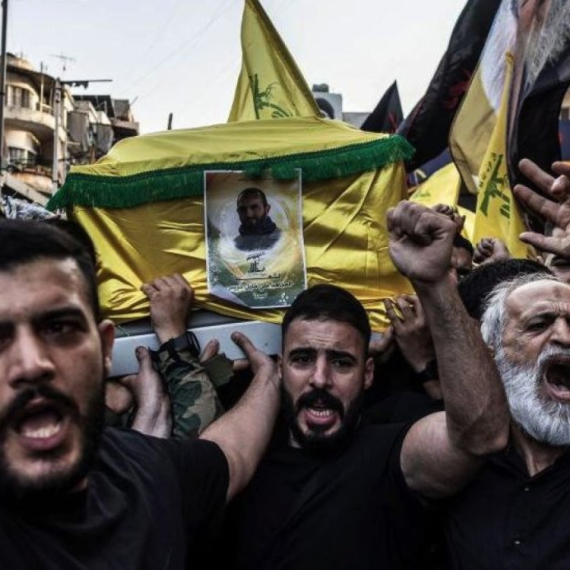
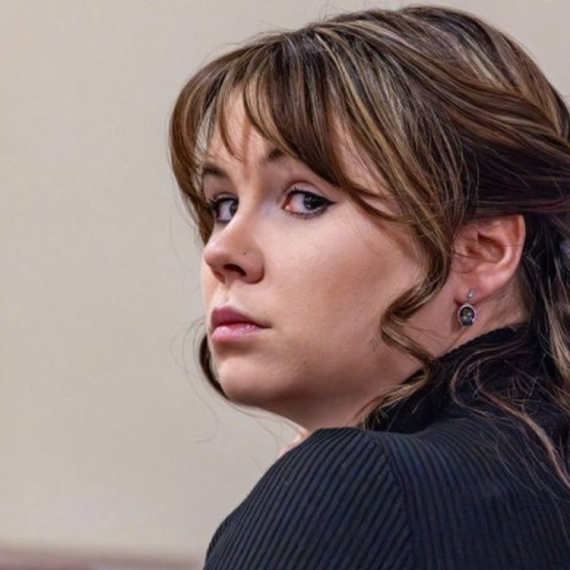

Komentari 0